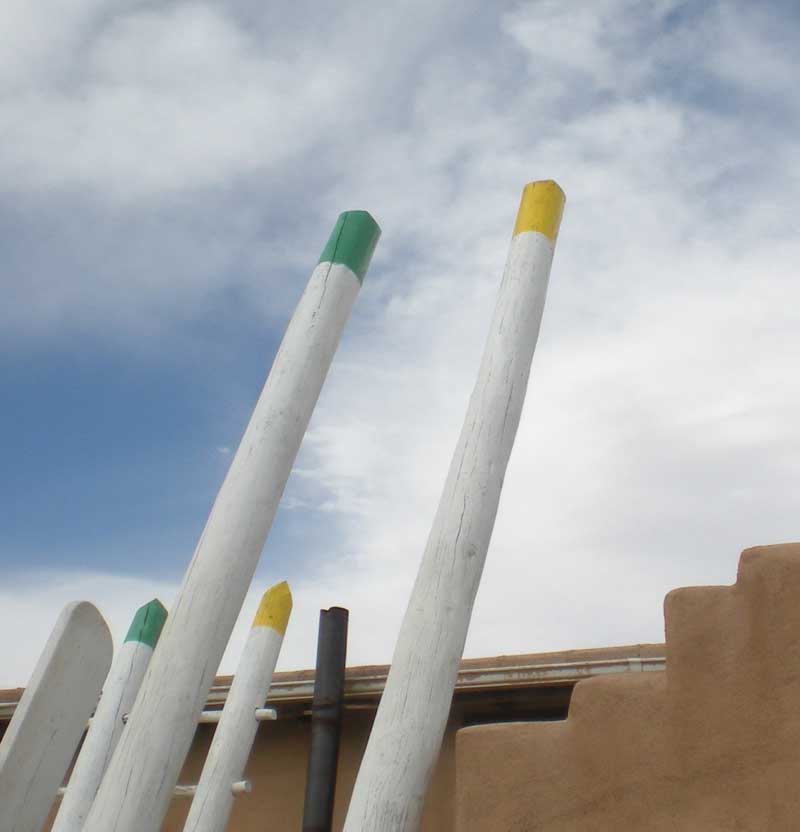About Us
The Environmental Education Outreach Program is part of the Institute for Tribal Environmental Professionals (ITEP) at Northern Arizona University. The purpose of the Environmental Education Outreach Program (EEOP) is to interest Native American students in environmental careers and to assist schools in improving environmental science literacy. EEOP does this by:
- Mentoring and advising students on career choices and post-secondary educational opportunities;
- Providing on-campus (Northern Arizona University (NAU)) experiences, such as Summer Scholars, for students and educators;
- Coordinating student internships with the Environmental Protection Agency (EPA) or with tribal environmental offices;
- Making presentations at schools on environmental issues;
- Providing teachers with the support they need in order to be able to increase the amount and quality of environmental instruction;
- Providing counselors with information that will assist them in advising and scheduling students to improve their success in environmental studies;
- Assisting schools in developing and providing extracurricular opportunities in the study of the environment;
- Coordinating with other groups such as tribes, universities, community colleges, and local agencies to improve environmental awareness; and
- Providing Tribal Environmental Professionals with training and materials to conduct environmental education and public outreach.
The development of partnerships with educational staff, community members, and tribal environmental professionals to address community issues will build bridges between the traditional values of Native American people and Environmental Education.
- EEOP Brochures
Environmental Education:
The purpose of the Environmental Education Outreach Program (EEOP) Environmental Education (EE) website is to support both formal (classroom teachers) and informal (everybody else) educators conducting Environmental Education.
Good Environmental Education is good education. Data from national studies show that schools using Environment as an Integrating Context (EIC) for learning, improve in all academic areas. With the increasing emphasis on student performance, this is an important observation. Effective Environmental Education is ideal for helping students and educators improve critical thinking and problem solving skills. There are many reasons for the performance improvements. One reason particularly relevant to Native American learners is that Environmental Education provides a real world context for learning, linking the classroom to the needs of the community.
Good Environmental Education increases public awareness and fosters understanding of environmental issues. To ensure the survival of feature generations we must take care of our environment. Effective Environmental Education helps develop an environmentally responsible public and inspires personal responsibility in caring for the environment.
Good Environmental Education does not advocate a particular viewpoint or course of action. Rather, Environmental Education teaches individuals how to weigh various sides of an issue through critical thinking and it enhances their own problem-solving and decision-making skills.
Download:
Template for Introduction [ppt]


